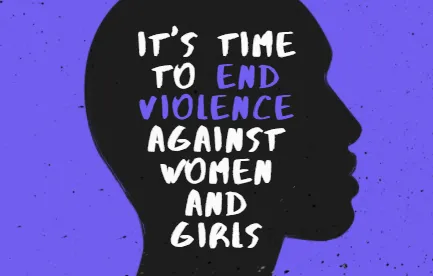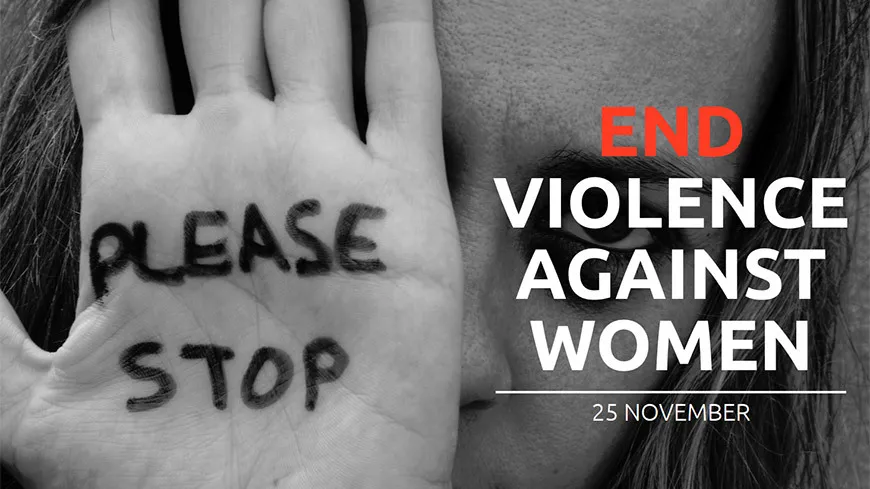Every year, the International Day for the Elimination of Violence Against Women arrives as a painful reminder—but also as a promise. It reminds us that behind every statistic is a woman with a story, a life interrupted, a voice waiting to be heard. It tells us, once again, that violence against women is not an issue happening “somewhere else.” It is a global human rights crisis unfolding in homes, on streets, in offices, online, and in the quiet corners of society where silence often feels safer than speaking out.
For every headline we read, there are countless untold stories. A woman who hides her bruises under long sleeves. A girl who switches schools because classmates made threats. A mother who stays in a harmful marriage because leaving could mean losing her children. These stories are not isolated—they are woven into the lives of millions worldwide. And this day asks us to look directly at that reality, without turning away.
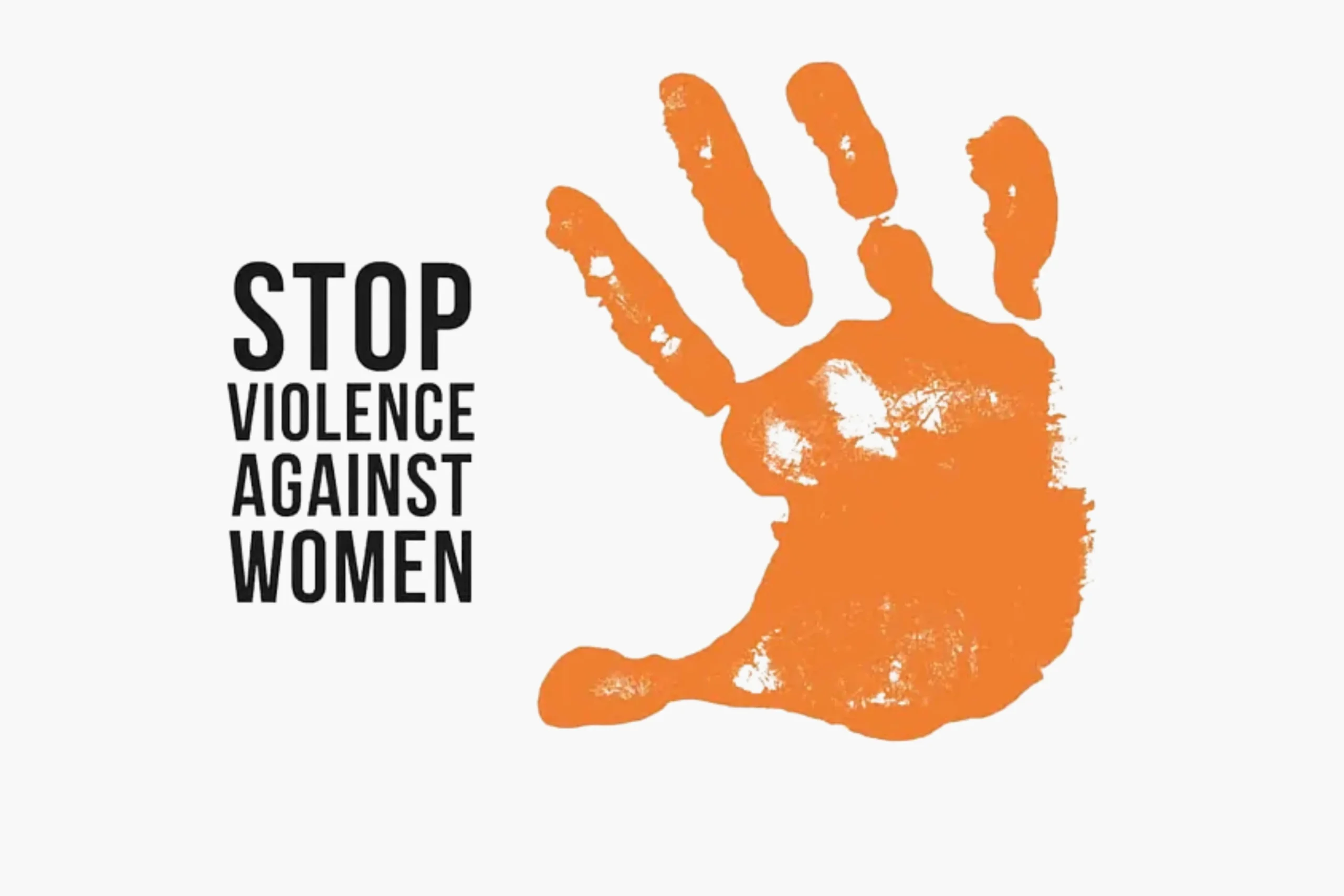
But it also asks us to look at something else: courage
It recognises the survivors who continue to move forward despite carrying the weight of trauma. Their strength reshapes laws, drives public conversations, and ignites global movements. Every survivor who shares her story—whether publicly or privately—chips away at the silence that allows violence to thrive. Their bravery is not just inspiring; it is transformative. It pushes the rest of us to reflect on the world we’ve created and the one we still hope to build.
This day is also a call to those in power. It urges governments to do more than express concern—it demands action. Strong laws, fast justice, trained police, accessible shelters, safe reporting systems, and digital protection are not luxuries; they are necessities. Too often, a woman finds herself navigating a system that is slow, unfriendly, or dismissive. When laws fail women, society fails them. We need governments that prioritise safety with the seriousness it deserves, treating gender-based violence not as an unfortunate issue, but as an emergency.
Yet laws alone cannot change everything. Communities must also confront the harmful norms and attitudes that silently endorse violence. The jokes that belittle women, the comments that shame survivors, the ideas that boys can be aggressive but girls must be quiet—these are the foundations on which violence grows. Real change begins when families, schools, workplaces, and neighbourhoods take responsibility for breaking these cycles. When we teach empathy, equality, consent, and respect from an early age, we build stronger communities where violence has no place to hide.
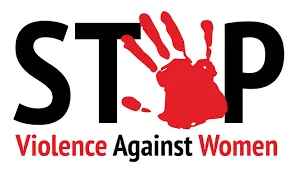
Support systems are another pillar of this movement. Safe spaces, crisis centres, well-trained counsellors, and easily reachable helplines save lives. Many women stay silent simply because they feel they have nowhere to go. A shelter bed can mean survival. A confidential call can mean relief. A supportive friend can mean the beginning of healing. The world needs more of these lifelines, and more awareness about them, so that every woman knows—deeply and confidently—that help is never out of reach.
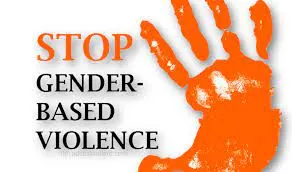
And then there is a group central to this fight: men and boys
Ending violence against women is not a “women’s issue.” It requires men to step up—not as saviours, but as allies. It means unlearning harmful stereotypes, calling out problematic behaviour, supporting survivors, and modelling respect in everyday life. When men choose compassion over silence, accountability over excuses, and equality over entitlement, entire societies shift. Their voices matter. Their choices matter.
